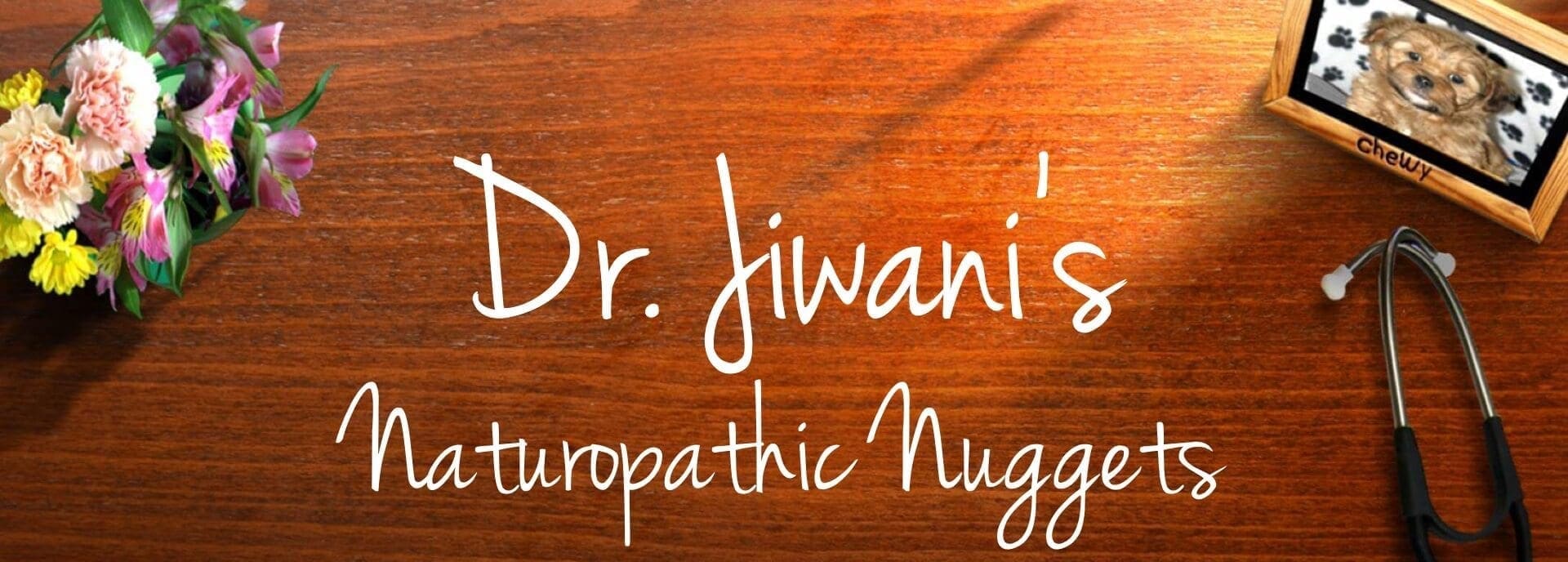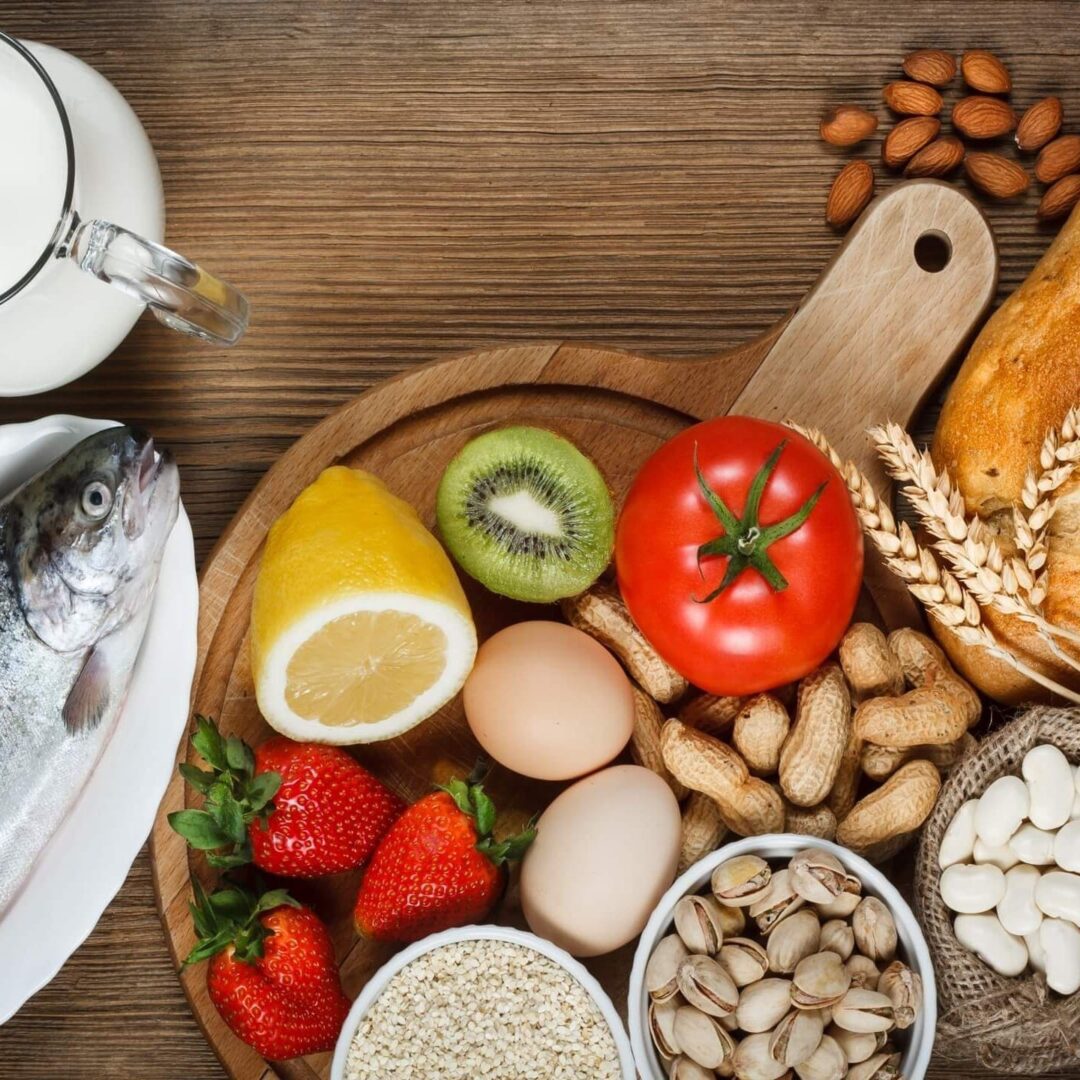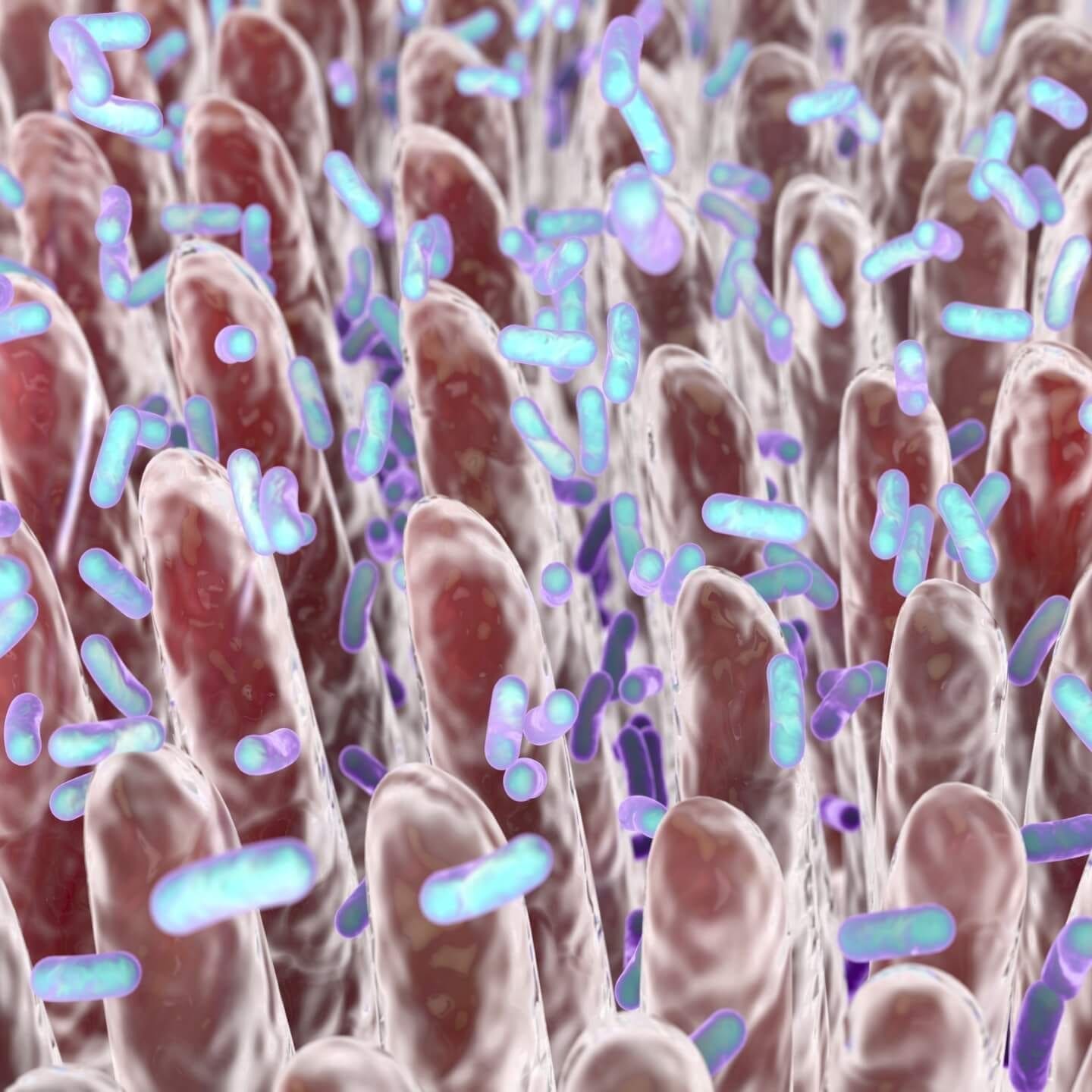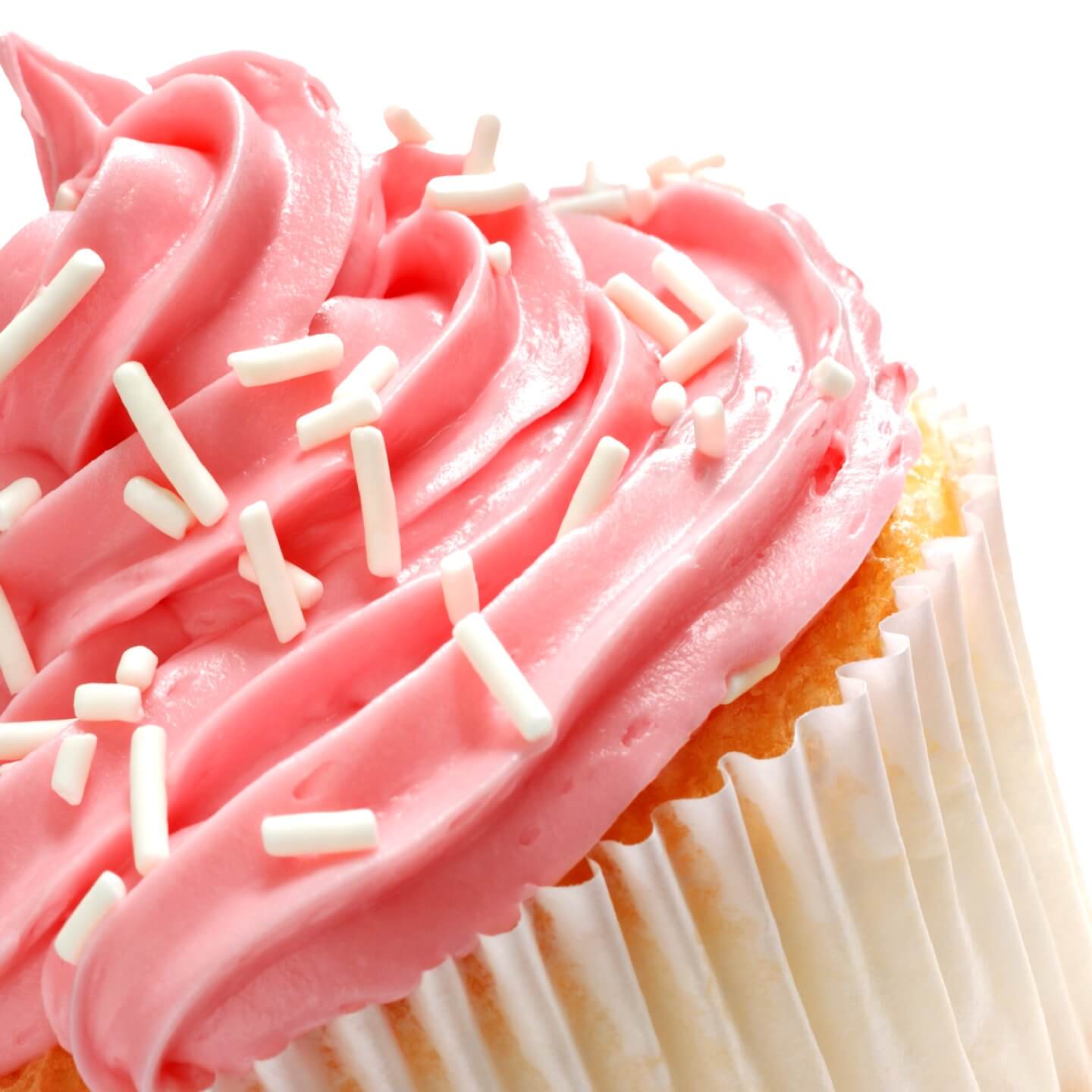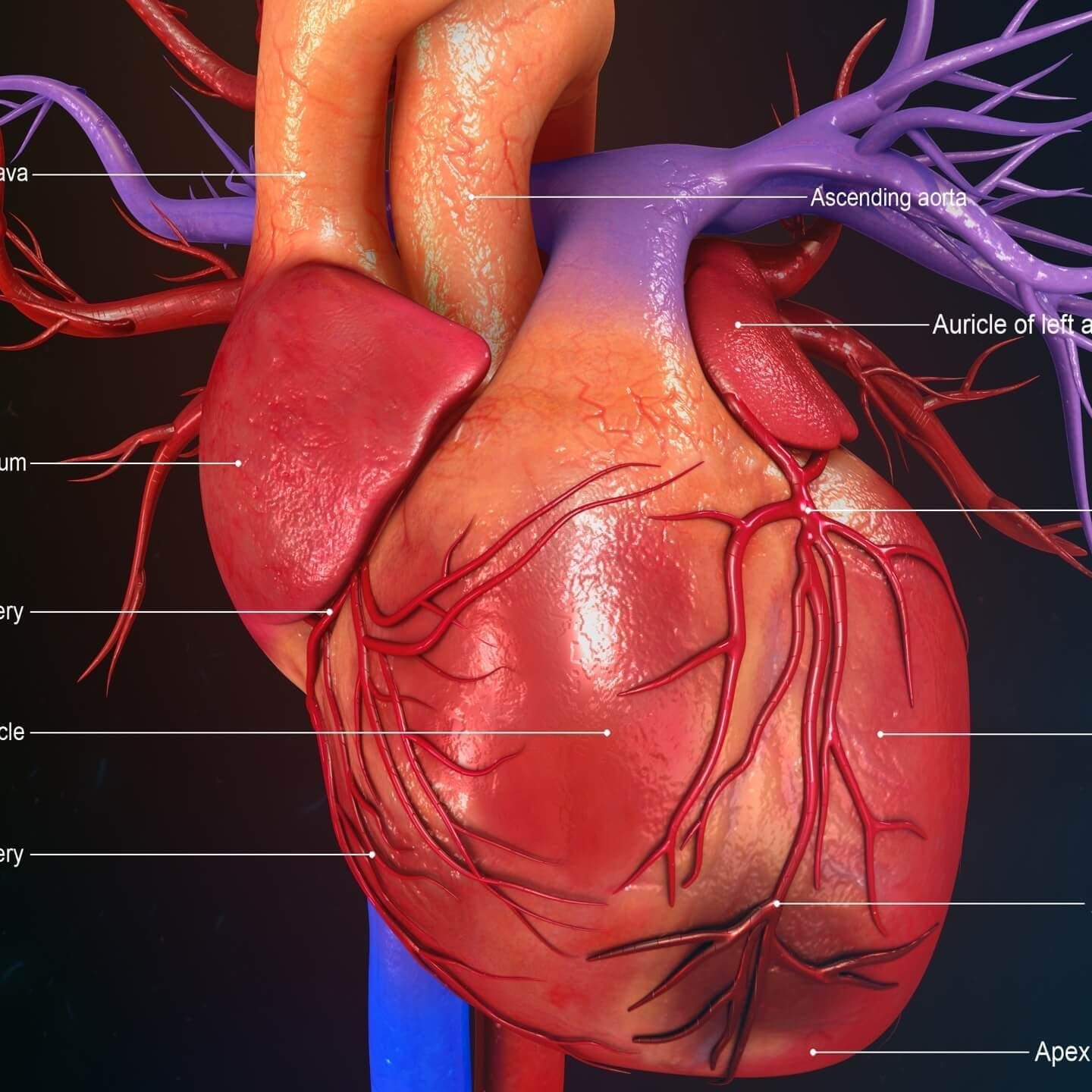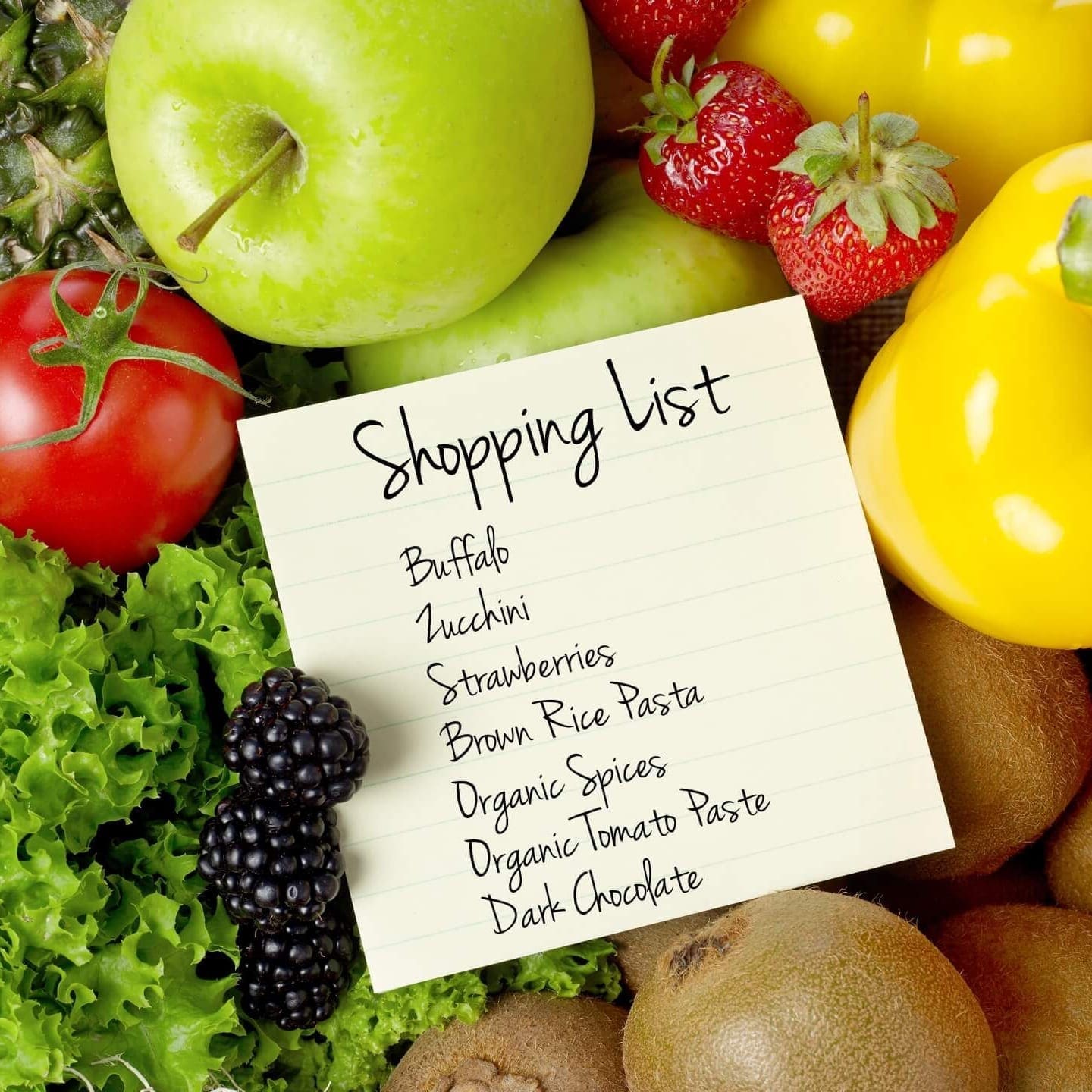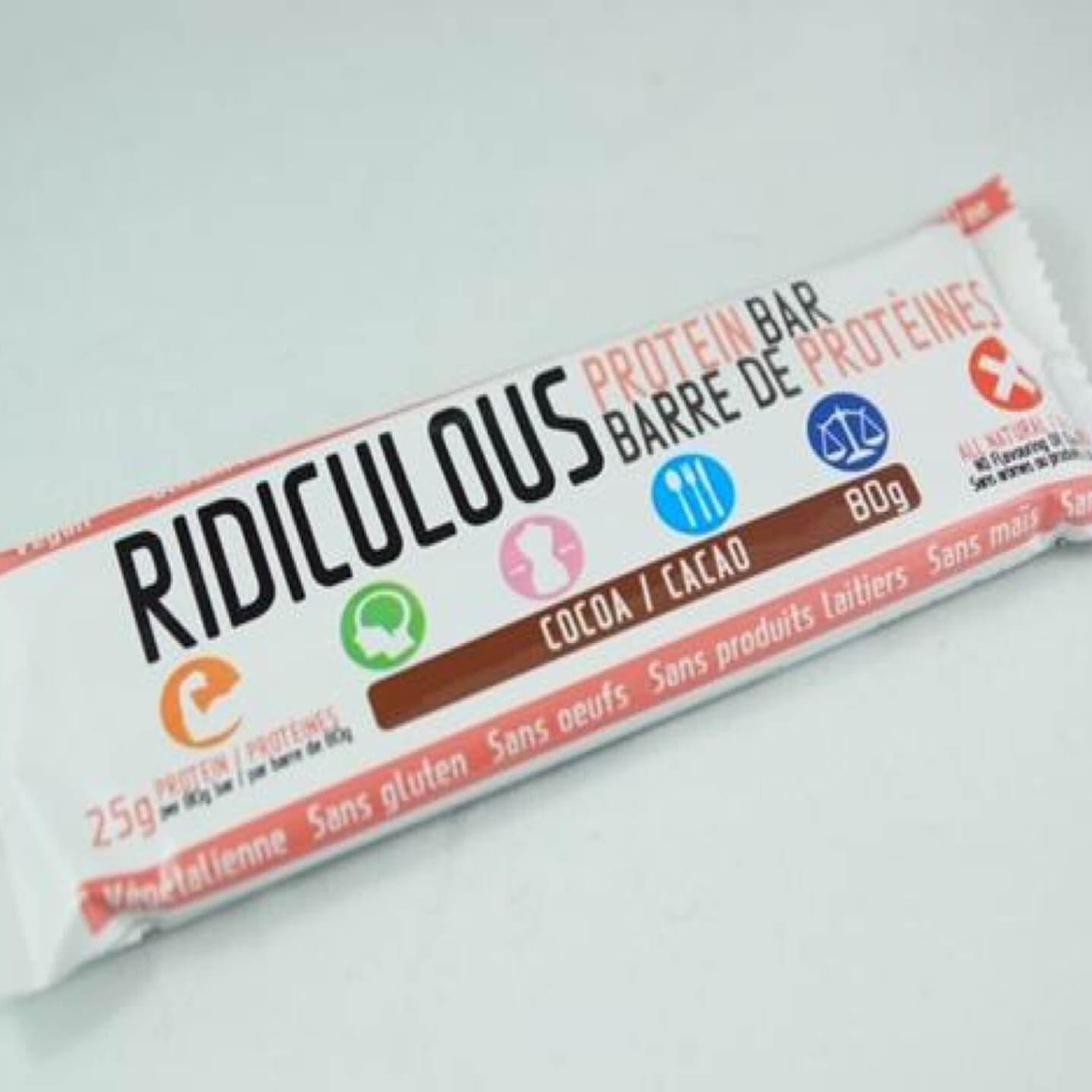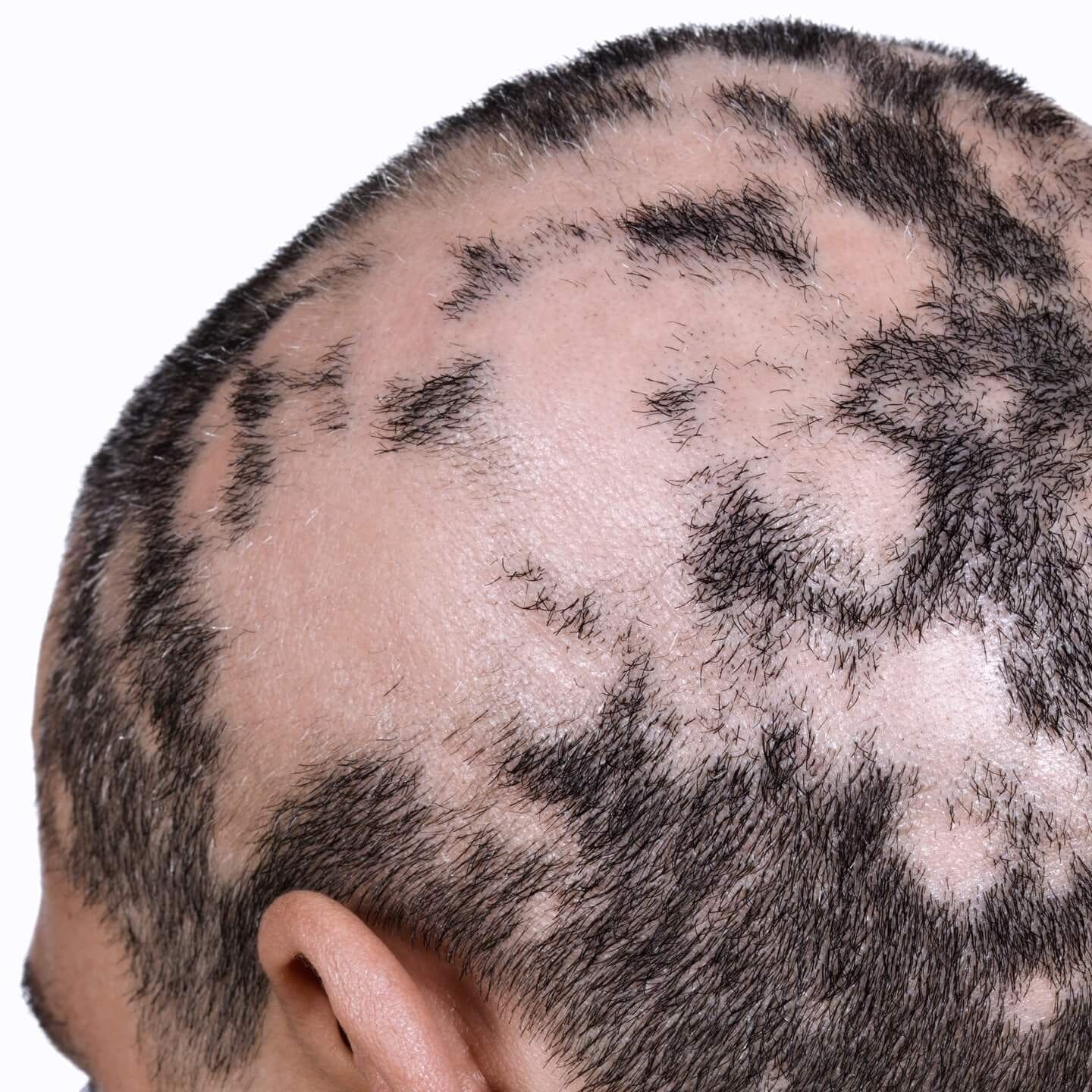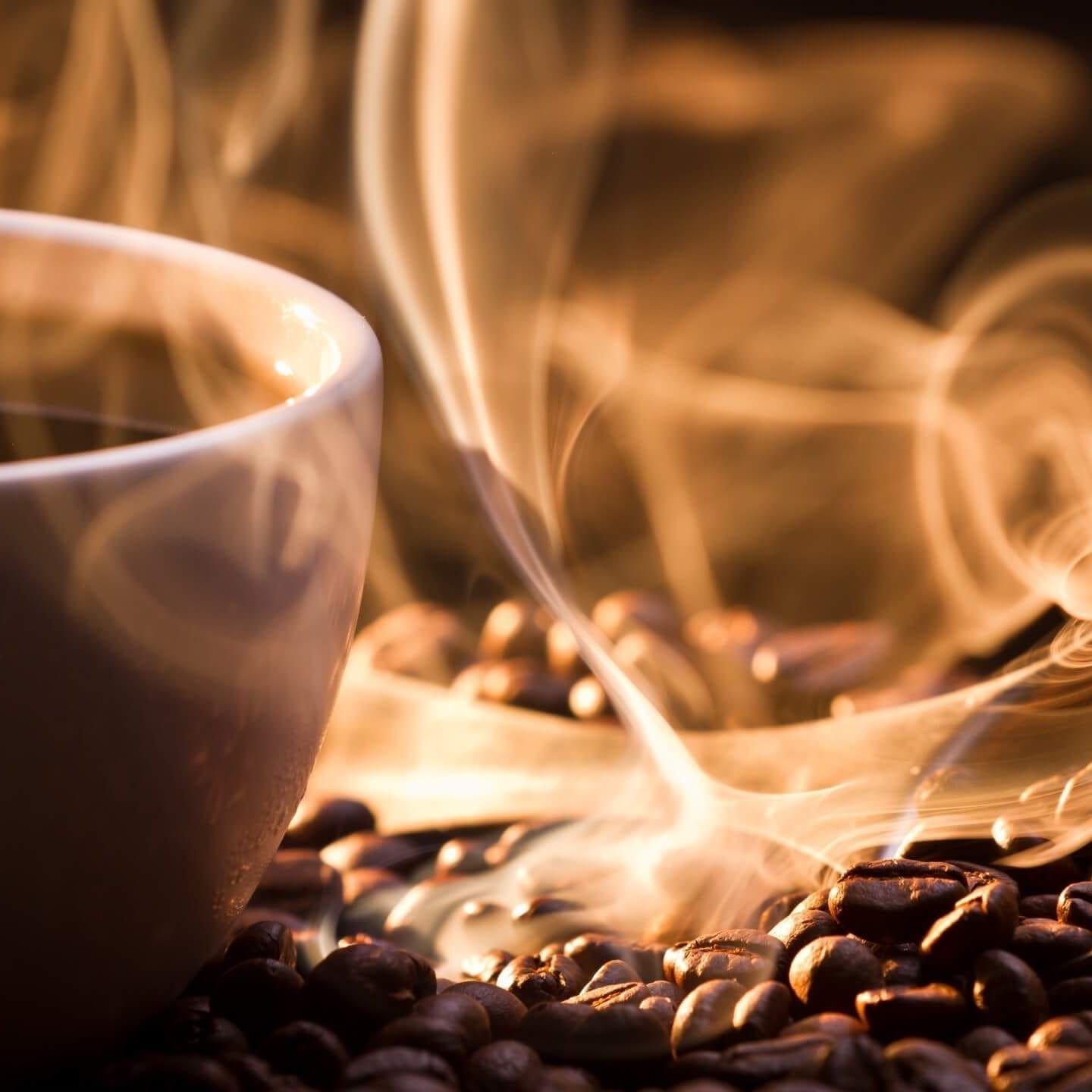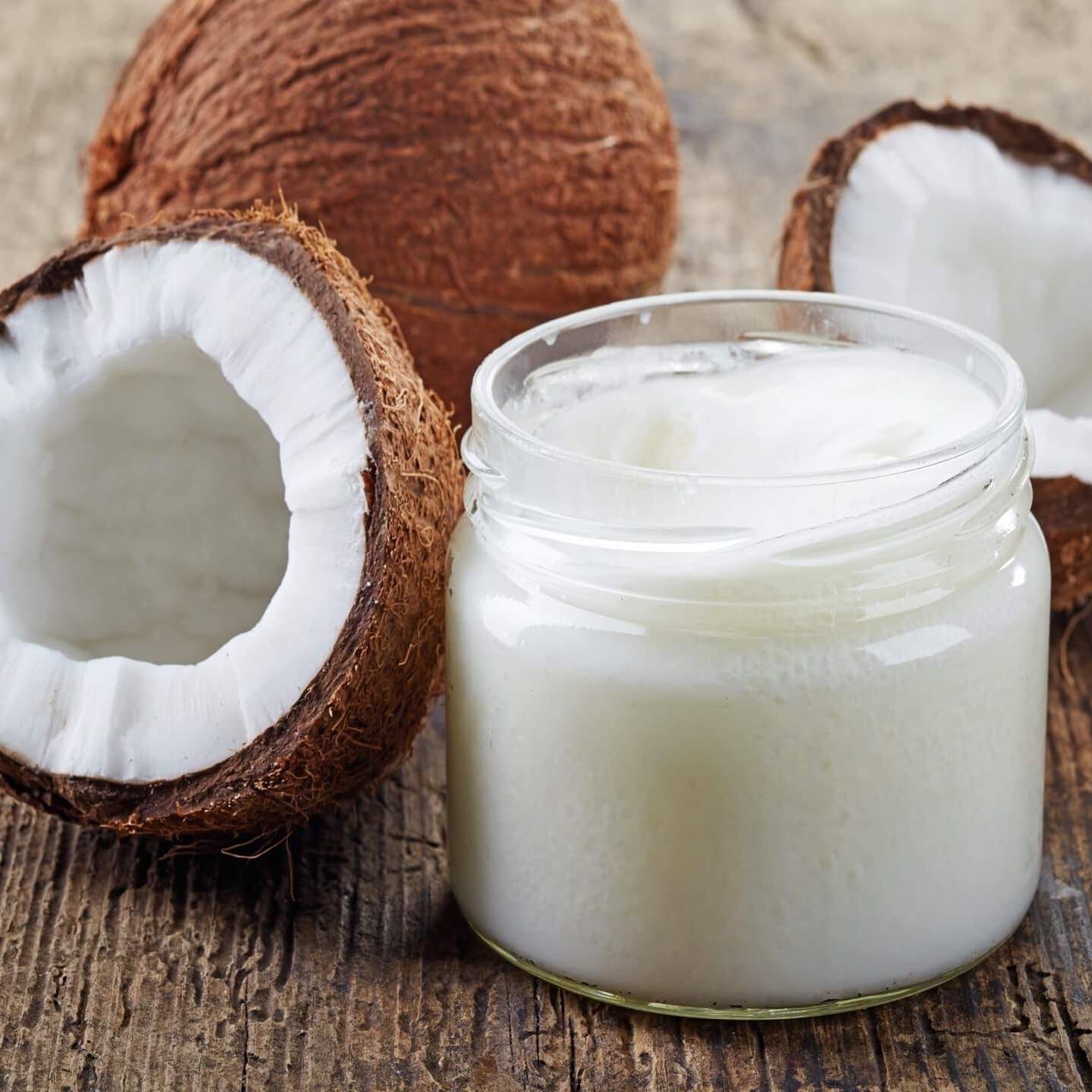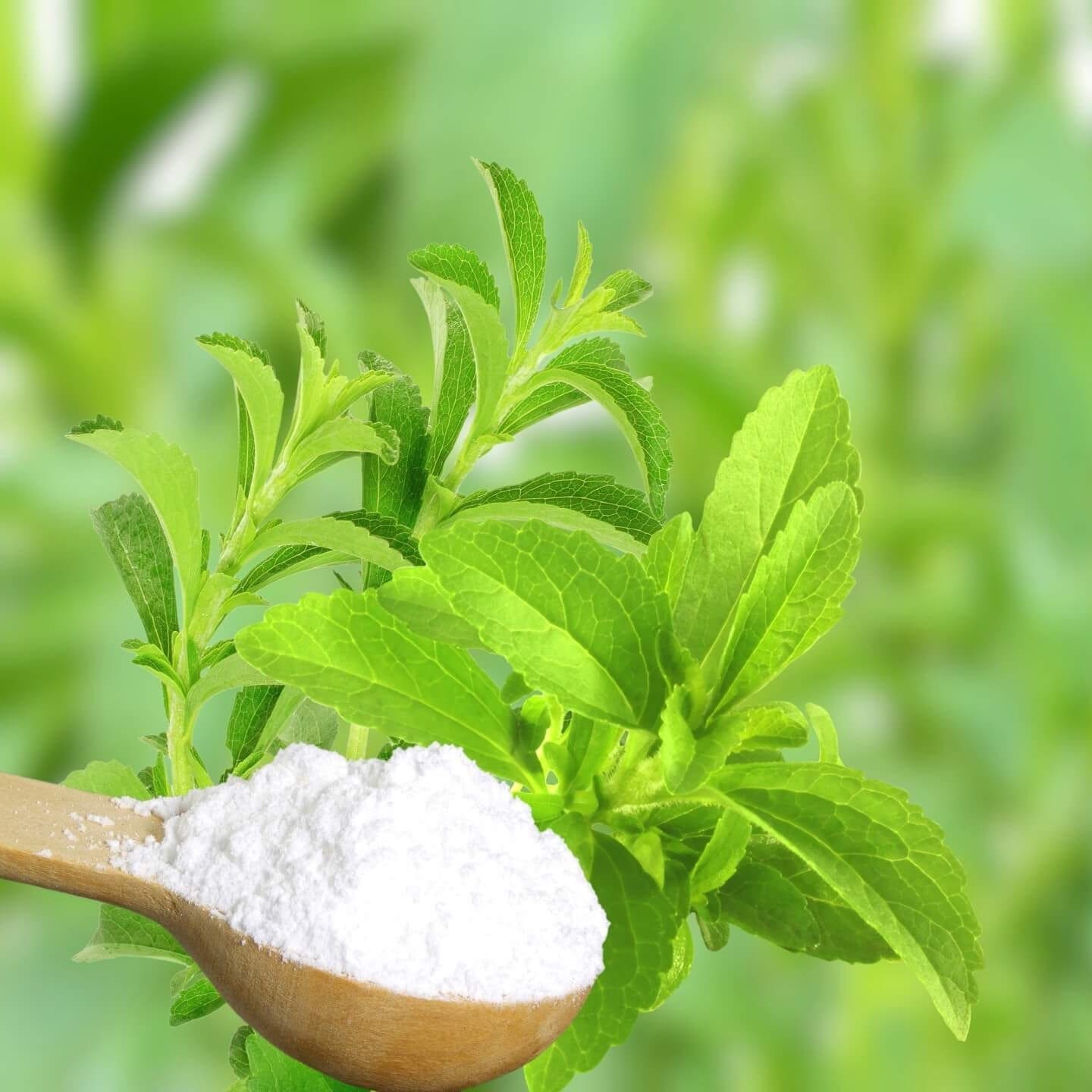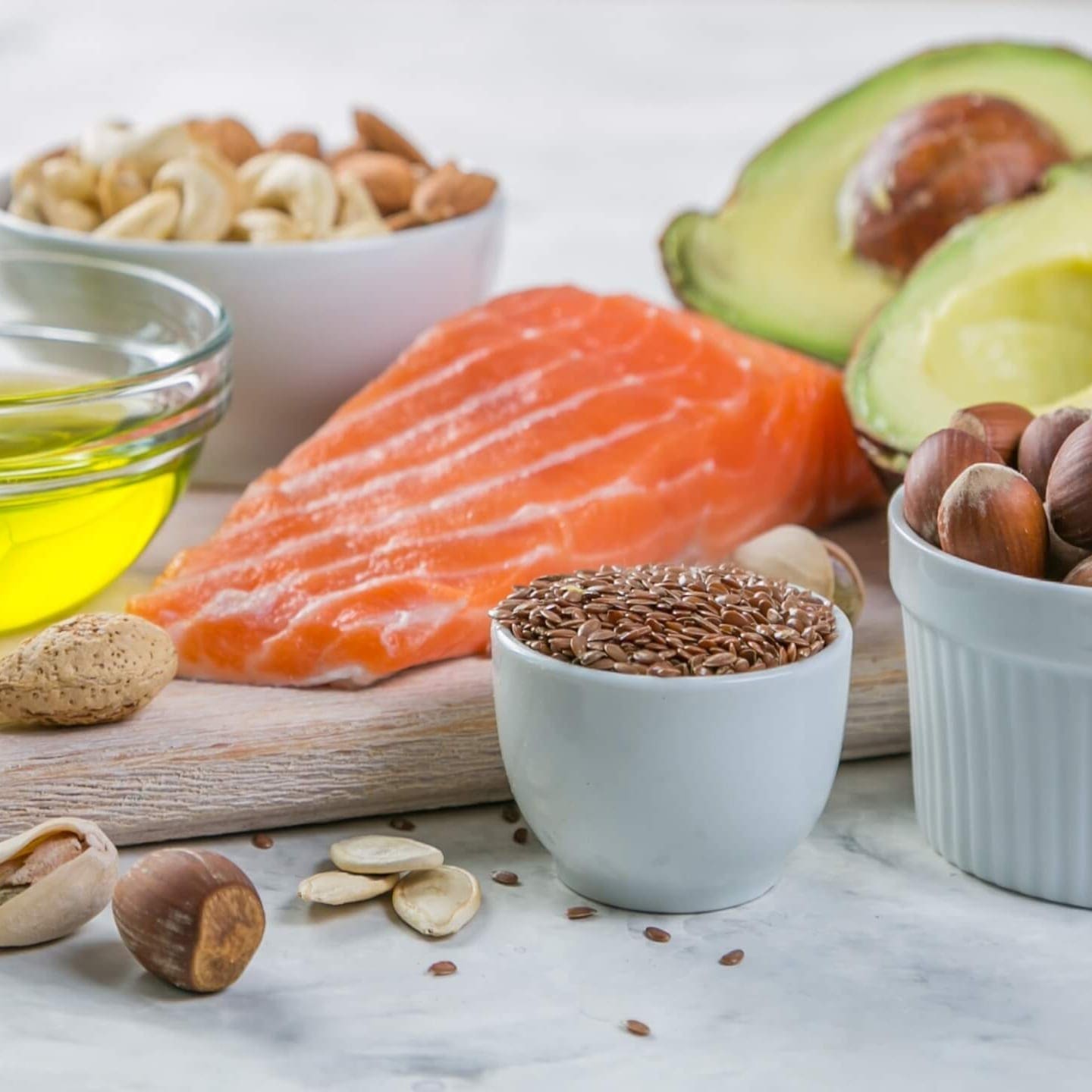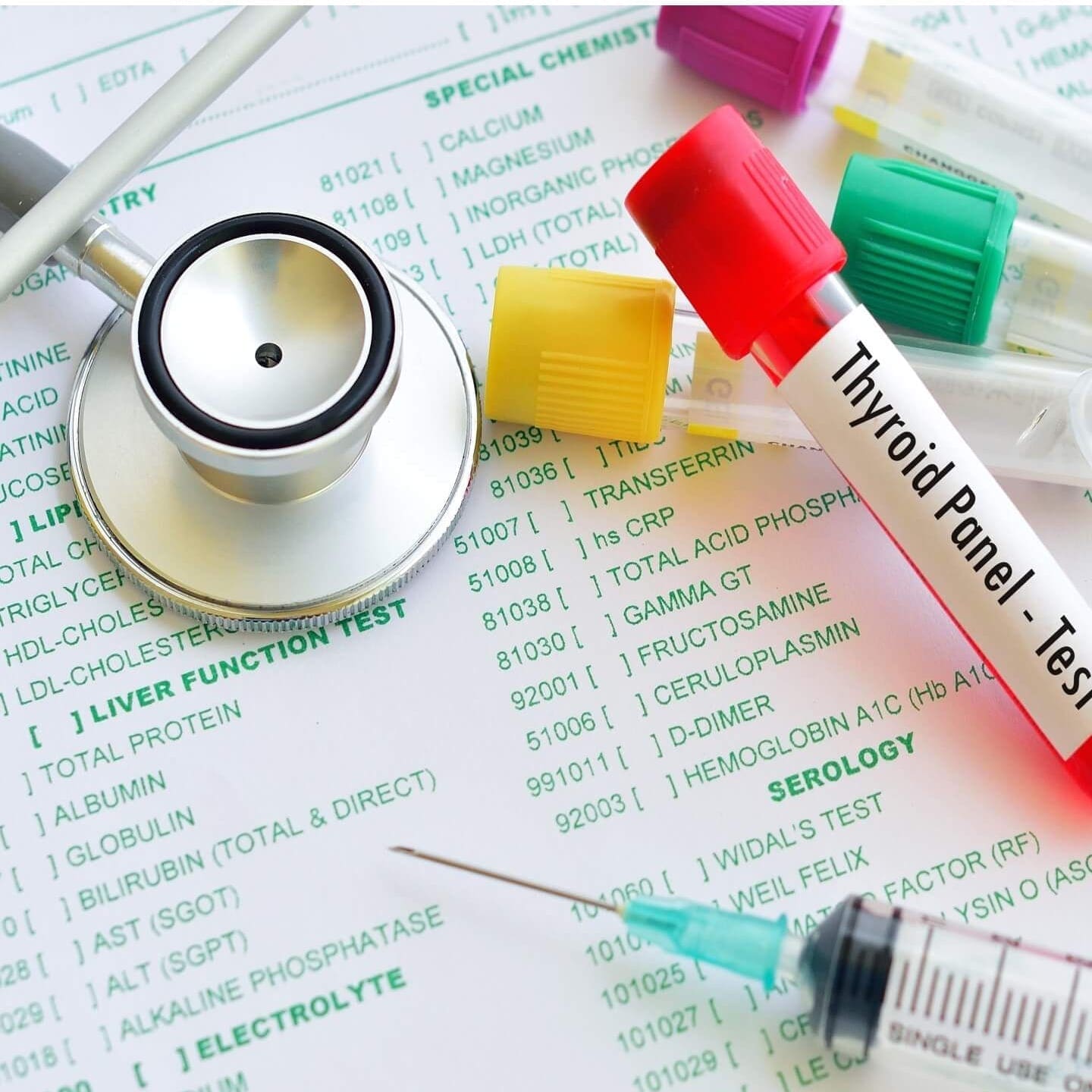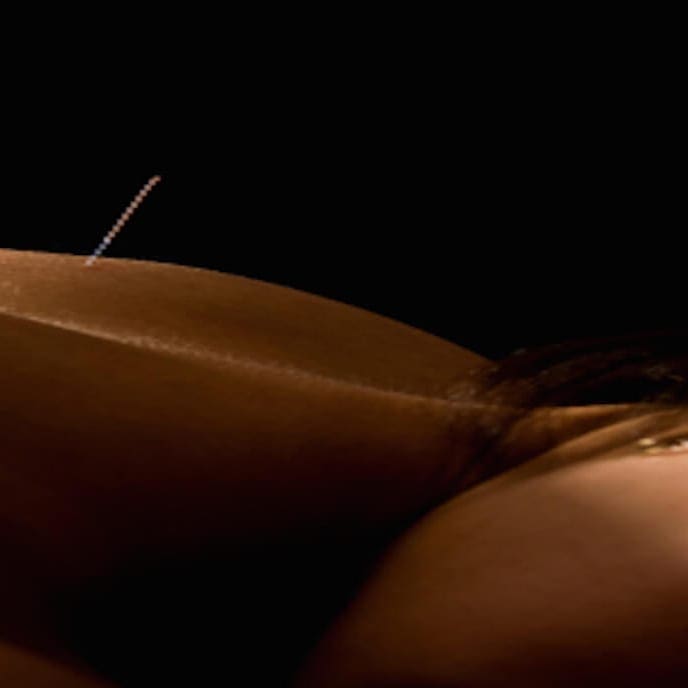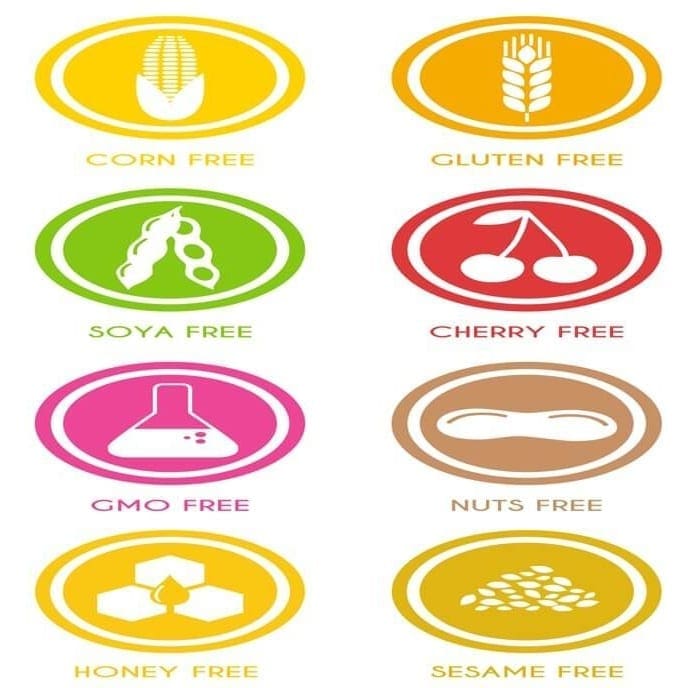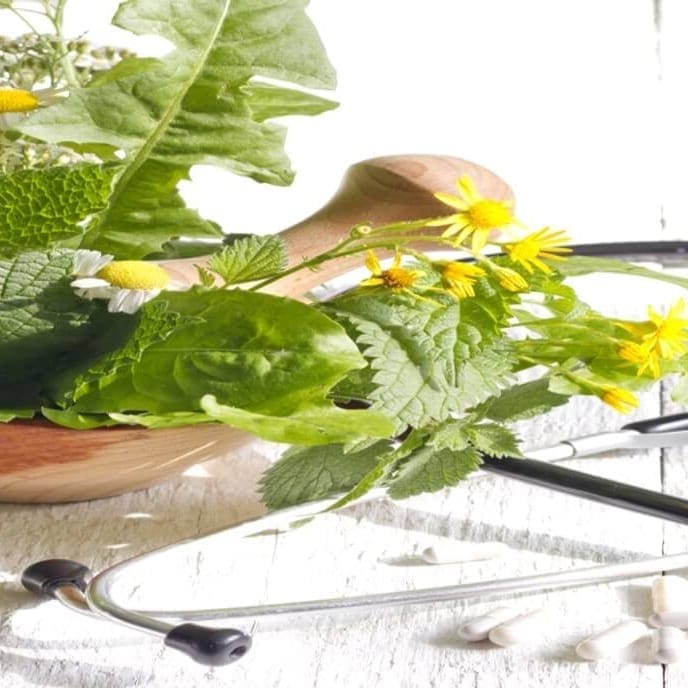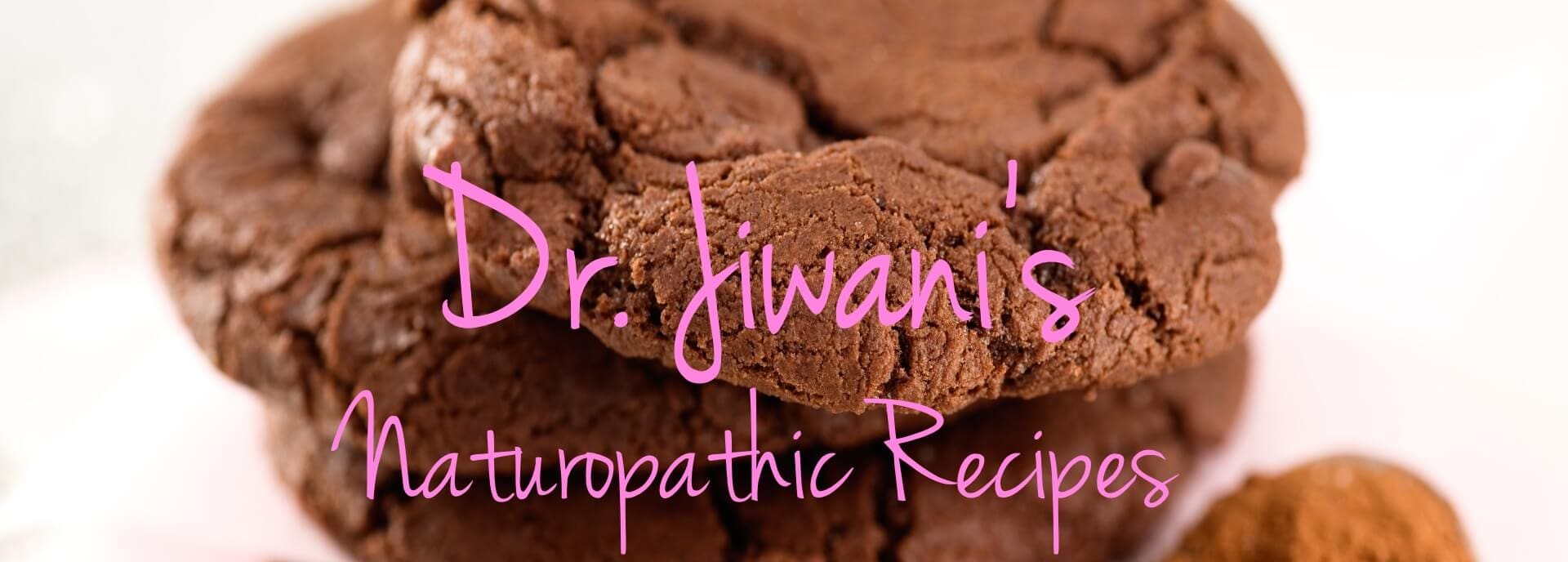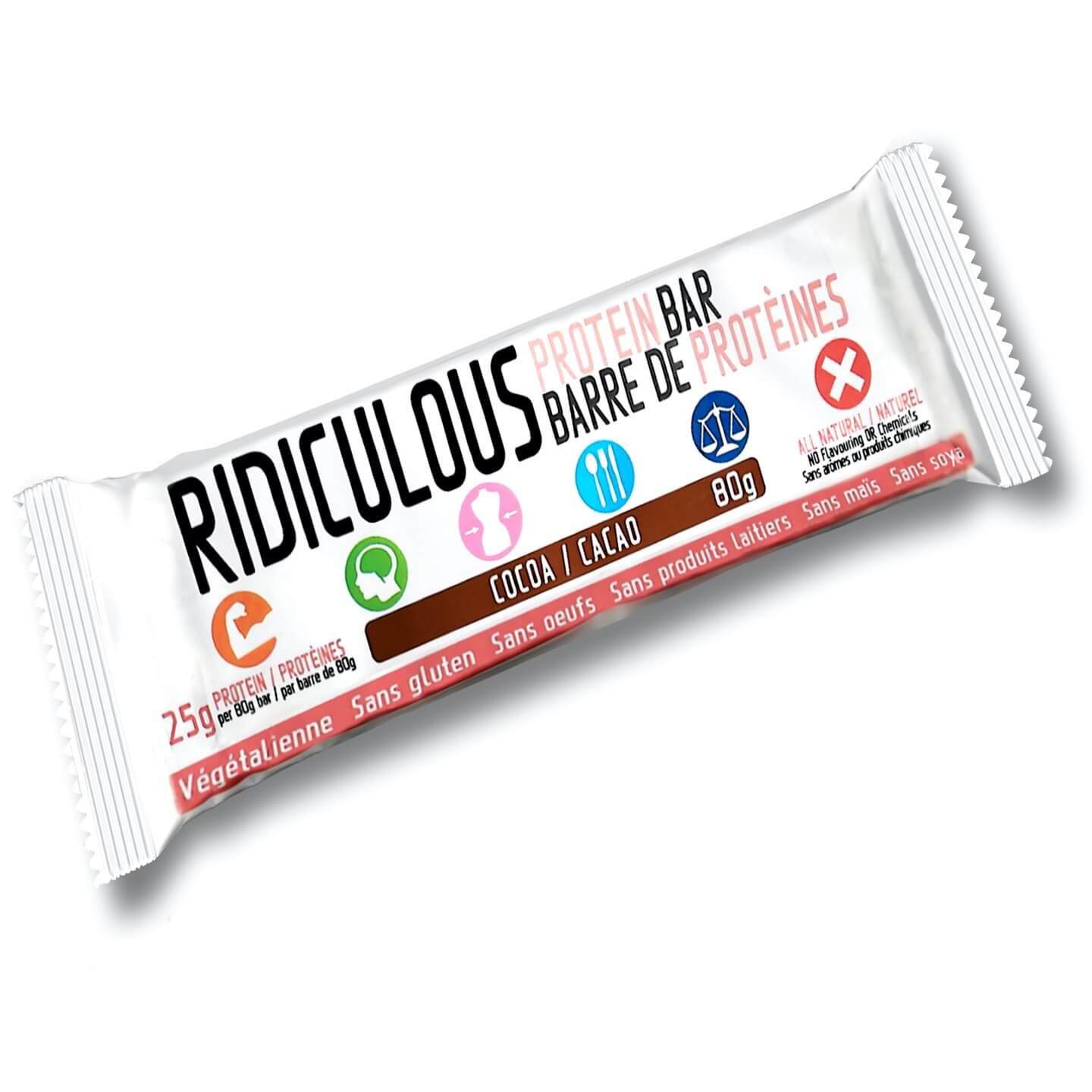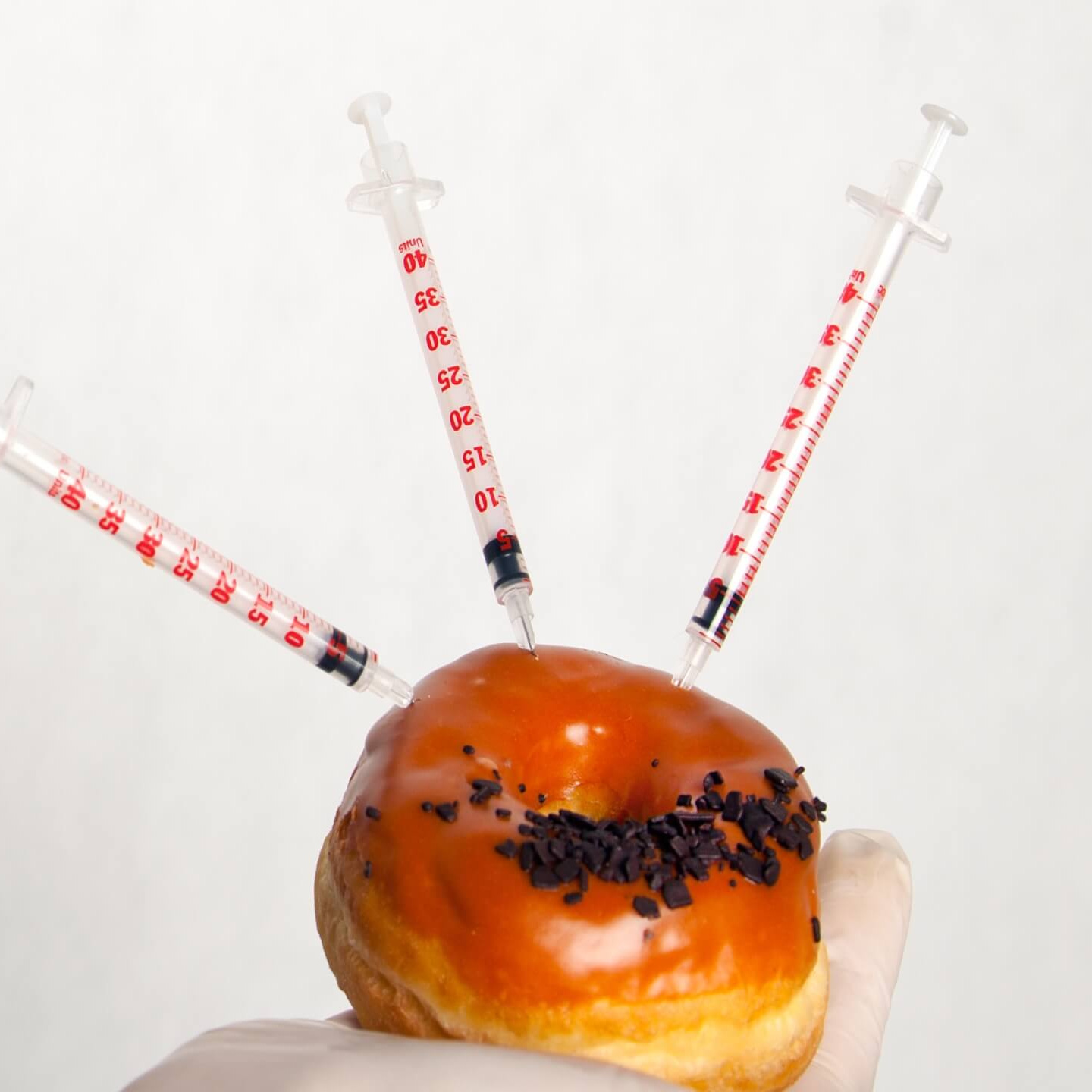Home »
Popular Posts
Gut Bacteria & Cravings: The War Within Dictates Your Health & Weight
Naturopathic Nuggets about Gut Bacteria & Cravings
- Instead of lack of self-control, growing evidence shows a dramatic link between food cravings & your gut bacteria
- You have trillions of bacteria that make up a complex gut microbiome, which has many functions including regulating your weight, mood, immunity & digestion
- What you eat alters your gut microbiome, and these microbes manipulate your eating behaviours to improve their own health, often at the expense of yours
- The Microbe-Gut-Brain Axis is the bi-directional flow of chemical information that explains how your gut bacteria influence your mental, emotional & physical health
- The war within your gut determines your health, as declining levels of “good” bacteria allow overgrowth of harmful bacteria, yeast & parasites to damage your gut & health overall. This is called dysbiosis which leads to leaky gut syndrome
- The good news is that you can change your gut microbiome to improve your health, by treating the dysbiosis. By supporting the good bacteria, and discouraging or killing the harmful bacteria, yeast & parasites, you can affect your mood, weight & health overall.
Got Cravings? It’s in Your Gut!
More than you’d like, you may be ravaged by frequent cravings for sweet, starchy & fatty foods. Whether in the form of chips, pizza, ice-cream, cupcakes or doughnuts, cheap, easy access to such ultra-flavourful foods may explain skyrocketing obesity, diabetes & cancer rates. The problem lies in the incompatibility of these foods with our evolutionary genetics of meat & fibre-eating cavemen. The psychological drama of cravings is difficult enough with cycles of pleasure & guilt, while physical difficulties may include weight fluctuations, indigestion and food allergy reactions. Initially thought of as a lack of self-control & discipline, growing evidence is highlighting a dramatic link between your food cravings and your gut bacteria. In fact, your gut microbes manipulate your eating behaviours to improve their own health, at the expense of yours. Read more to learn how you can take back your health and control your own gut microbes, instead of them controlling you.
A New Diet For Old Genes Means Trouble
The Microbial Struggle Within Your Gut
Your gut microbiome is a diverse, complex ecosystem of thousands of different species totalling trillions of bacteria. This bacterial collective has many functions including digestion, protection from harmful organisms, immunity, production of vitamins and weight regulation. Basically the more types of bacteria you have, the healthier you are. However, turf wars are common as differing species compete for space & nutrients. Therein lies the internal power struggle that is occurring constantly in your digestive system.
Cravings: Your Gut Bacteria Struggling To Survive
A Two Way Street
Your gut bacteria will differ depending on whether you eat a paleo, protein & fibrous diet versus a typical Western style carb-rich diet. Research has acknowledged that your diet will affect the balance of microbes in your gut. Some types of bacteria will flourish, while others decline changing your bowel environment. The changes trigger different chemicals to be secreted, different nutrients to be absorbed and different genes to be activated. In fact, it’s a two way street as your gut communicates with your brain through hormones, neurotransmitters and inflammatory chemicals secreted by the trillions of gut bacteria which influence your behaviour.
Your Diet Influences & Is Influenced By Your Gut Bacteria
The Microbe-Gut-Brain Axis
Your dietary choices are derived from your gut bacteria secretion of countless chemical signals traveling through your blood, lymph and the vagus nerve. This pathway of millions of nerve cells connects your entire digestive tract to your brain. The power of the vagus nerve is evident through various research that shows that stimulating the vagus nerve triggers excessive eating, whereas blocking the vagus nerve leads to weight loss. This is the influence and bi-directional flow of the microbe-gut-brain axis.
Your Gut Bacteria Talk To Your Brain
Survival of The Fittest…Microbes
Your gut microbes manipulate your eating behaviour to improve their health, often at your expense. This can occur by causing cravings for foods that they require or that will harm their competitors, and by depressing your mood until you eat foods that benefit their well-being.
Cravings & Depression: What’s In Your Gut?
The Ways Your Gut Bugs Control You
It is humbling to realize that your gut microbes control your dietary decisions through various mechanisms including:
- Stimulating Reward Pathways
- Influencing Hunger & Fullness
- Production of Mood Altering Toxins
- Affecting Taste Receptors
- Hijacking the Vagus Nerve (Gut-Brain Axis)
Your Gut Bacteria Control Your Mood, Appetite & Taste
Dysbiosis: The War Within
High carb, low fibre diets promote an imbalance of gut bacteria, called dysbiosis. The war within your gut determines your health, as declining levels of “good” bacteria allow overgrowth of harmful bacteria (C.difficile, Salmonella, E.coli), yeast (Candidiasis) & parasites to damage your gut (Leaky Gut Syndrome) & health overall.
Good Guys vs Bad Guys: Who’s Winning Your Gut War?
Causes of Dysbiosis
Dysbiosis may be caused by:
- Alcohol, Caffeine, Cigarettes, Junk Food & Stress
- Antibiotic Overuse
- Chlorine found in most tap & bottled water
- Constipation (Increases Bad Bacteria)
- Drugs including Painkillers (NSAIDs) & Birth Control Pills
- Gallbladder Surgery (Lack of Digestive Enzymes)
- High Fat/Meat Diet (Slower Digestion increases Bad Bacteria)
- Non-Organic Meat, Chicken & Dairy (containing Antibiotics)
- Radiation & Chemotherapy
- Stress (Physical & Psychological)
Many Drugs, Stress & Chemicals Cause Dysbiosis
You Can Control Your Gut Bacteria
The good news is that you can change your microbiome to improve your health, by treating the dysbiosis. Just as your gut microbes can influence you, you can manipulate your gut microbiome in various ways to achieve optimal health. By supporting the good bacteria, and discouraging or killing the harmful bacteria, yeast & parasites, you can affect your mood, weight & health overall.
Treat the Dysbiosis to Win the War
The Key to Health: How to Balance Your Gut Bacteria
The key to treating your gut microbial imbalance (dysbiosis) is to take a multi-pronged approach.
Supplement with Human Strain Probiotics: Not all probiotics are the same, and unfortunately vegetarian & dairy forms through food & supplements are rejected within 48 hours as your body knows you are not a plant or a cow. Human strains allow long term implantation of bacteria for long lasting effectiveness.
You may need Probiotics if you have:
-
- ADHD & Autism
- Allergic Sinusitis
- Candidiasis, Yeast Infections, Fungal Infections
- Celiac Disease
- Diarrhea, Constipation
- Food Allergies
- Gastrointestinal Infection (Gastroenteritis)
- Heavy Metal Toxicity
- Intestinal Dysbiosis
- Inflammatory Bowel Disease
- Irritable Bowel Syndrome
- Lactose Intolerance
- Leaky Gut or Compromised Intestinal Permeability
- Malabsorption (Nutritional Deficiencies: Iron, B12, Vitamin D)
Eat Your Prebiotics: One of the best ways to support optimal growth of your gut bacteria is to eat foods that contain prebiotics, such as garlic, onions, leeks, apples, konjac root (shirataki noodles), cacao (chocolate), flaxseeds, jicama root & seaweed. Taking probiotics with prebiotics can cause gas, bloating & abdominal pain, in certain cases like SIBO (Small Intestinal Bacterial Overgrowth) and in those sensitive to FODMAPs.
Minimize Carbs & Sugars: Excess carbohydrates in any form, whether from fruit, grains, starchy vegetables, juices & soda pop, feed the bad bacteria, yeast & parasites, promoting dysbiosis. A recent study exemplifies this with a microbiome restoration diet which improves digestion, cognition and physical and emotional wellbeing (Lawrence & Hyde 2017)
Avoid Your Food Allergies: Consuming your food allergies promotes inflammation, dysbiosis and causes Leaky Gut Syndrome. Inflammation at the gut level causes bacterial imbalance, poor digestion & malabsorption which promotes intestinal permeability or leaky gut. Once dysbiosis persists, opportunistic bacteria, yeast & parasites can overgrow, harming your health, perpetuating cravings, mood changes & weight gain.
Avoid Alcohol & Caffeine Consumption: Alcohol is a form of yeast, which should be avoided in those allergic to yeast and/or suffering from Candidiasis (systemic yeast infection in the blood). Additionally, alcohol & caffeine will trigger inflammatory & toxic pathways by altering gut bacteria balance (dysbiosis), increasing inflammatory toxin release from bacteria, while disrupting your intestinal barrier (leaky gut) allowing more inflammatory toxins into the bloodstream.
Discourage Bad Guys: Your nutrition, your immunity, your lack of toxicity and your overall health depends upon the health of your gastrointestinal tract. The key to optimal gut health is to increase the amount of the “good guys” (probiotics) in the bowel and to kill the “bad guys” (Yeast, Fungus, Viruses, Bad Bacteria & Parasites). When the “bad guys” take over, they wreak havoc in the body, ravaging your tissues with the harmful toxins they release. This unfavourable environment in the gut is called Intestinal Dysbiosis. Yeast-X attacks the “bad guys”, prevents their growth and promotes a healthy gastrointestinal tract. Taking Yeast-X facilitates a successful biochemical shift from intestinal dysbiosis (a diseased environment) to eubiosis (a healthy environment), through inhibition of the pathogenic fungal, viral and bacterial culprits.
Related Leaky Gut Syndrome: Science, Symptoms & Solutions
References
Alcock J, Maley CC, Aktipis C. Is eating behavior manipulated by the gastrointestinal microbiota? Evolutionary pressures and potential mechanisms. Bioessays. 2014 Oct 1;36(10):940-9.
Brown K, DeCoffe D, Molcan E, Gibson DL. Diet-induced dysbiosis of the intestinal microbiota and the effects on immunity and disease. Nutrients. 2012 Aug 21;4(8):1095-119.
Conlon MA, Bird AR. The impact of diet and lifestyle on gut microbiota and human health. Nutrients. 2014 Dec 24;7(1):17-44.
Kiraly DD, Walker DM, Calipari ES, Labonte B, Issler O, Pena CJ, Ribeiro EA, Russo SJ, Nestler EJ. Alterations of the host microbiome affect behavioral responses to cocaine. Scientific Reports. 2016;6.
Lawrence K, Hyde J. Microbiome restoration diet improves digestion, cognition and physical and emotional wellbeing. PLOS ONE. 2017;12(6):e0179017.
Li Q, Lauber CL, Czarnecki-Maulden G, Pan Y, Hannah SS. Effects of the Dietary Protein and Carbohydrate Ratio on Gut Microbiomes in Dogs of Different Body Conditions. mBio. 2017 Mar 8;8(1):e01703-16.
Montiel-Castro AJ, González-Cervantes RM, Bravo-Ruiseco G, Pacheco-López G. The microbiota-gut-brain axis: neurobehavioral correlates, health and sociality. Frontiers in Integrative Neuroscience. 2013;7.
This information is for educational purposes only and does not advocate self-diagnosis. Due to individual variability, consultation with a licensed health professional, such as a licensed naturopathic physician is highly recommended, prior to starting a natural treatment plan. For further information, see Terms of our Website.
Follow Dr. Jiwani
Popular Posts

